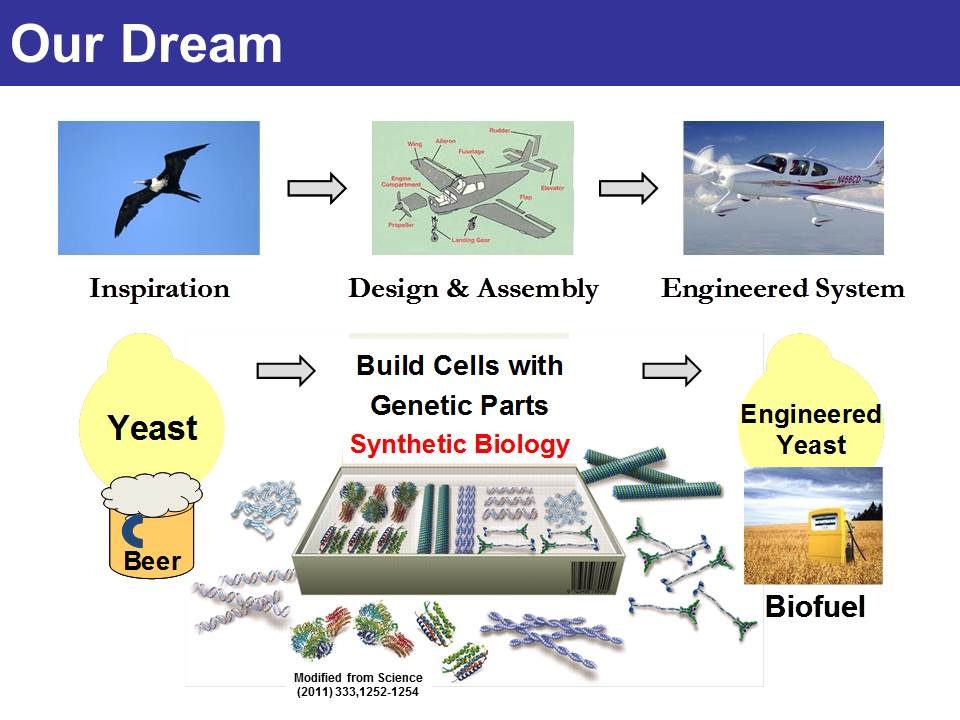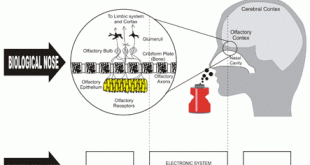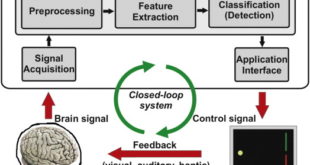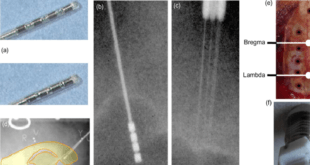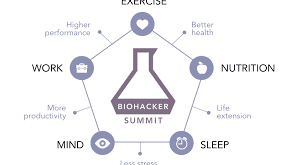Synthetic biology is the application of science, technology and engineering to facilitate and accelerate the design, manufacture and/or modification of genetic materials in living organisms, as defined by the European Commission. It envisions the redesign of natural biological systems for greater efficiency, as well as create new organisms as well as …
Read More »Researchers employ biomimetics for design of perfect Drones for delivery services, Search and rescue to counter drone missions
Unmanned aerial vehicle technology is advancing rapidly, and drones are getting smaller by the day. Militaries are now employing Micro, Mini & Nano UAVs into their operations. They provide situational awareness to a small group of soldiers by flying several stories above them for 10-20 minutes at a time before …
Read More »DARPA DIGIT employs gene editing to diagnose COVID-19 and other pandemics and also determine the strain, their origin
Major infectious diseases, like COVID-19, often go undetected until they spread. Spotting the problem in a community isn’t easy, in part because infectious disease detection, which is the foundation for surveillance and contact tracing, can take hours, if not days. Compounding the problem is that traditional detection assays are designed …
Read More »Lab-on-Chip devices allow faster and cheaper DNA sequencing and biochemical detection to chemical synthesis
Lab-on-chip is an integrated miniaturized device that allows researchers to perform all the operations from sample collection to final analysis onto the same chip. Theoretically, LOC technology has the potential to carry out almost any laboratory procedure on a miniaturized scale. This could range from DNA sequencing and biochemical detection …
Read More »Rising CBRN threats require Decontamination solutions and Technologies for soldiers, military equipment and vehicles
According to the University of Maryland’s Global Terrorism Database, there were a total of 143 attacks – 35 biological, 95 chemical, and 13 radiological – using CBRN weapons across the world from 1970 to 2014. The relative ease with which malicious actors could obtain many of the materials and know-how …
Read More »Compact Electronic noses can monitor air quality, diagnoze diseases to biohazards like covid-19, explosives and nerve gas
Government and local law enforcement agencies have employed canines for decades to sniff explosives and such banned goods as fresh produce, exotic wildlife, undeclared currency and illicit drugs. Now researchers are developing electronic noses imitating the sense of smell of humans and animals especially dogs. The smells are composed of molecules, …
Read More »Psychological warfare becoming sophisticated with development of new tools and technologies
Psychological warfare involves the planned use of propaganda and other psychological operations to influence the opinions, emotions, attitudes, and behavior of opposition groups. The targets of such propaganda campaigns can include governments, political organizations, advocacy groups, military personnel, and civilian individuals. While all nations employ it, the U.S. Central …
Read More »Militaries developing Machine Learning Algorithms to decode Brain Signals for Brain-computer interface (or BCI)
Brain-computer interface (or BCI) is basically setting up a connection between the human brain and the computer device to control or to perform certain activity using brain signals. These brain signals are translated as an action for a device. The interface thus provides a one-to-one communication pathway between the brain …
Read More »Electrode Materials are key to Brain Computer Interface (BCI) technology
Every action our body performs begins with a thought, and with every thought comes an electrical signal. The electrical signals can be received by the brain-computer interface, consisting of an electroencephalograph (EEG) or an implanted electrode, which can then be translated, and then sent to the performing hardware to produce …
Read More »Large Biohacking or DIY biology growth, to hack human brains and their bodies, with desire to improve performance, cure chronic diseases and live longer
Just as computers could be hacked and made to perform according to one’s wishes, now you hack your own body, a concept called Biohacking. It can be as simple as implementing lifestyle and dietary changes that improve the functioning of your body such as to feel more awake, or optimize …
Read More » International Defense Security & Technology Your trusted Source for News, Research and Analysis
International Defense Security & Technology Your trusted Source for News, Research and Analysis
